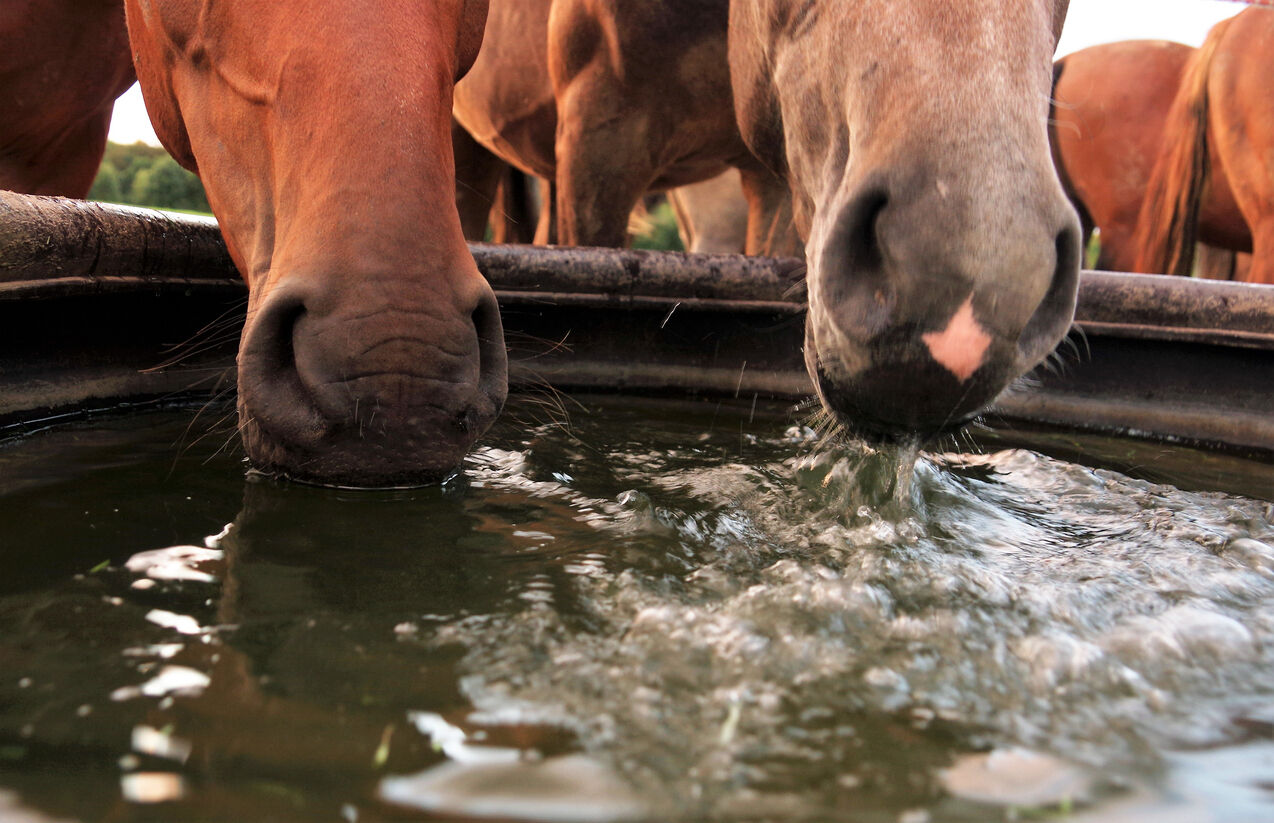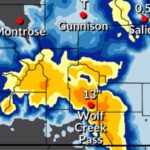There’s a sometimes-fatal ‘horse herpes’ outbreak underway and it has Colorado officials urging extreme caution

The Colorado State Veterinarian’s Office has issued an alert for Centennial State horse owners related to the sometimes-fatal equine herpes virus and an outbreak that’s taking place in Texas and Oklahoma.
Per a press release from officials on the matter, equine herpes virus (EHV-1) is highly contagious and sometimes fatal, capable of causing a serious neurological disease in horses called equine herpes myeloencephalopathy (EHM).
A report from University of Missouri’s College of Veterinary Medicine notes that while humans can spread the virus between horses via contact, current public health guidance indicates that these diseases do not infect humans.
According to officials, the outbreak has been connected to horses that were present at barrel racing and rodeo events in Texas and Oklahoma in recent weeks. Following these events, Colorado’s State Veterinarian Office received identifying information about local horses that may be at risk with owners contacted and informed about potential exposure.
At least one Colorado horse tested positive for EHV-1 on November 20, after returning from an event in Waco, Texas to Larimer County. That horse and others on the premises have been quarantined and while the horse initially showed signs of a fever, it has since started to show additional neurological symptoms.
Officials urged horse owners to be extremely cautious when it comes to intermingling their animals at events, urging owners to “practice strong biosecurity and report any concerning signs to their veterinarian quickly.”
Any horse owner in Colorado who traveled to Texas, Oklahoma, or other equine events in recent weeks should contact the Colorado State Veterinarian’s Office for guidance at 303-869-9130.
While it’s important for horse owners to contact the state veterinarian office, general guidance for potentially exposed horses can include 21 days of isolation for potentially exposed animals, which includes keeping the animal away from other horses and not sharing equipment or caretakers. Key signs to watch for are elevated temperatures (above 101.5 degrees), respiratory signs like nasal discharge and coughing, and symptoms of EHM, including but not limited to neurologic symptoms like inability to stand, difficulty walking, lethargy, and dribbling urine. Logs should be maintained to keep track of potential symptoms that may appear.
It’s recommended that horses attending events are kept 30 feet from other horses and don’t share water tanks, buckets, tack, and grooming supplies.
Some states may end up limiting movement of horses during this outbreak as the consequences of spread could be high.
Generally, EHV-1 is spread from horse to horse through contact with nasal discharge and aerosol droplets. Additionally, people can spread the virus from horse to horse via contaminated hands and clothing. Contaminated surfaces, like feed and transport vehicles, can also be problematic, as well as shared water. Horses not showing signs of symptoms can still be carriers.
Find more information about Equine Herpes here.
STAY INFORMED: Get free Colorado news with our daily newsletter (Click here)
Get OutThere
Signup today for free and be the first to get notified on new updates.






